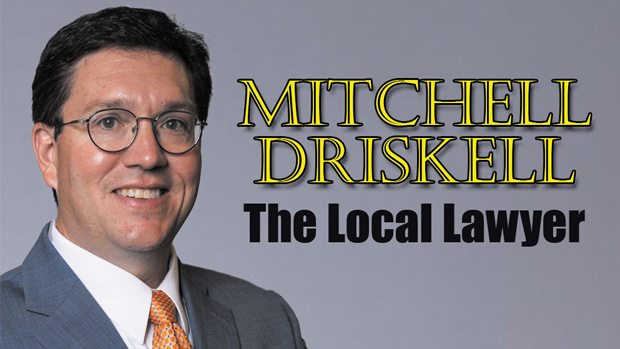
When ninth grader Brandi Levy did not make the varsity cheerleading squad at Mahanoy Area High School in Pennsylvania, she took to Snapchat to express her feelings. While standing in the parking lot of a convenience store, on a Saturday, she posted a selfie flipping the bird with the text “F* Cheer, F* Softball, F* School, F* Everything.”
When the school caught wind of the post, the school suspended her from the JV cheerleading squad for a year. Brandi thought the punishment was unfair. She considered the post a “small,” insignificant matter and did not think she should be punished for something she posted away from school and on a weekend. Backed by the American Civil Liberties Union, Brandi’s parents filed suit to have her reinstated to the JV squad. She won. The school appealed. She won again. The school appealed again. And now the case is before the Supreme Court on the issue of when can the government (a public school) punish a student for off-campus speech.
Until 1969, students had no recognized free speech rights in public school at all. In Tinker v. Des Moines (1969), four students were suspended from school for wearing black armbands to protest the Vietnam war. The ACLU represented the students all the way to the Supreme Court. Before this case, schools assumed and acted as if students did not have free speech rights at school, and it was a landmark decision when the court found that “students do not shed their constitutional rights to freedom of speech at the schoolhouse gate.” The Court recognized the need for schools to maintain order and discipline, however, and created the rule that the school can only regulate and punish speech that disrupts the educational process and/or school community.
Tinker v. Des Moines was decided way before Snapchat, social media, or the internet and now Brandi Levy’s case will determine whether this punishment authority extends to social media posts made off-campus and outside of school hours. The school and its supporters argue that a decision in favor of Levy could make it harder for teachers and administrators to curb bullying, racism, cheating and invasions of privacy, all frequently occurring online, outside school property, or during off hours. They argue that in today’s online world, the line between on-campus speech and off-campus speech is blurred, that the location of the speech is less important than the content and the effect of the speech. President Biden supports the district, arguing that local school administrators must have the authority to respond to off-campus student speech, putting the ACLU in the unusual position of being pitted against a Democrat-run administration.
On Wednesday of last week, the Supreme Court heard two hours of oral argument on the issue. The Justices seemed to side with Brandi Levy in the sense that this particular speech did not rise to the level of “sufficiently disruptive” to give the school the constitutional right to punish her. Kavanaugh said the school’s response seemed like an over-reaction. “She blew off steam like millions of other kids have when they’re disappointed about being cut from the high school team or not being in the starting line-up,” Kavanaugh said. Breyer said that if using swear words away from school merits discipline, “I mean, my goodness every school in the country would be doing nothing but punishing.”
But, the Justices also seemed to respect the school’s right to punish electronic, off-campus speech. “That sharp line I think you’re trying to draw between on-campus and off-campus, how does that fit with modern technology? If a text or a snap … is sent from the park and it’s read in the cafeteria, is that off-campus or on-campus?” Chief Justice John Roberts asked an ACLU attorney. Alito expressed concern about a rule that prohibited the school from punishing off-campus speech because such a rule would prohibit the school from punishing off campus bullying and harassment that is undeniably carried out at and spills over into school.
A twist in the case is that Brandi Levi had signed a code of conduct when she joined the JV cheerleading squad her ninth grade year, the same squad she was relegated to her sophomore year which generated the “F- everything” snap. The school argues that if the general right to punish student behavior did not apply to this off-campus, but school-related, speech, then Levi consented to school punishment of this behavior by signing the code of conduct. The ACLU and Levi say, “no matter,” either way the school is unconstitutionally punishing off-campus speech.
As the court ponders the competing issues of student freedom of expression and school ability to prevent disruptions in the internet and social media era over a middle-finger Snapchat post, Brandi Levi is in college studying accounting and long over JV cheerleading drama. Her snap is now famous and will shape how schools can monitor and punish student speech in the social media age.
Mitchell Driskell has been an Oxford lawyer for twenty-one years. He practices criminal law, family law, business transactions and civil litigation. Email him mdriskell@danielcoker.com. Follow him on Instagram @mdriskell, twitter @MODIIItweets, TikTok @DriskellLaw and on Facebook.

